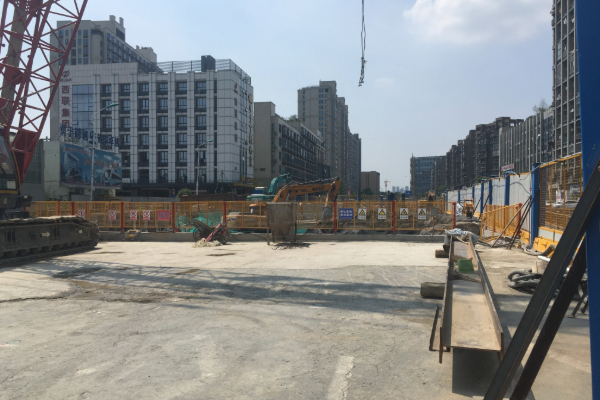Evergrande Group, the main company behind China’s real estate crisis, had inflated revenue by over $78billion in two years, China’s top securities regulator said.
According to China Securities Regulatory Commission (CSRC), Evergrande boosted its income in 2019 by $29.7 billion by recognising sales in advance and another $48 billion in 2020 annual results.
Evergrande’s founder Hui Ka Yan faces the prospect of being banned from China’s financial markets as the company was fined $583.5 million by the regulator.
The regulator in the note placed much of the blame on Hui for asking staff to falsely inflate the company’s data in 2019 and 2020.
According to the company’s filing, Hui was also fined $6.5million. Last year, Hui was put under police surveillance as he was investigated for “illegal crimes.”
The allegation marks a new blow for Hui, who was once among Asia’s richest tycoons that saw a sprawling empire that spanned real estate to electric vehicles. Hui ’s empire began to unravel after regulators imposed tight restrictions on borrowing. Once the second-richest man in Asia, worth $42 billion at his peak in 2017, Hui has seen his wealth drop to about $1billion.
Evergrande with over $300 billion of debt is one of the main companies that is struggling in the real estate crisis facing China.
Liquidators have identified possible restructuring strategies, which includes seizing and selling off assets, so that the proceeds can be used to repay outstanding debts.
The problem in the property market has had a major impact on the Chinese economy.
The construction industry has been facing a major financial squeeze since 2021, after authorities introduced measures to curb big companies’ borrowing.
Official data has shown that the property investment in China fell 9% in January and February from a year ago. Also new construction has dropped by 30% which was their their worst fall in more than a year in the country.





